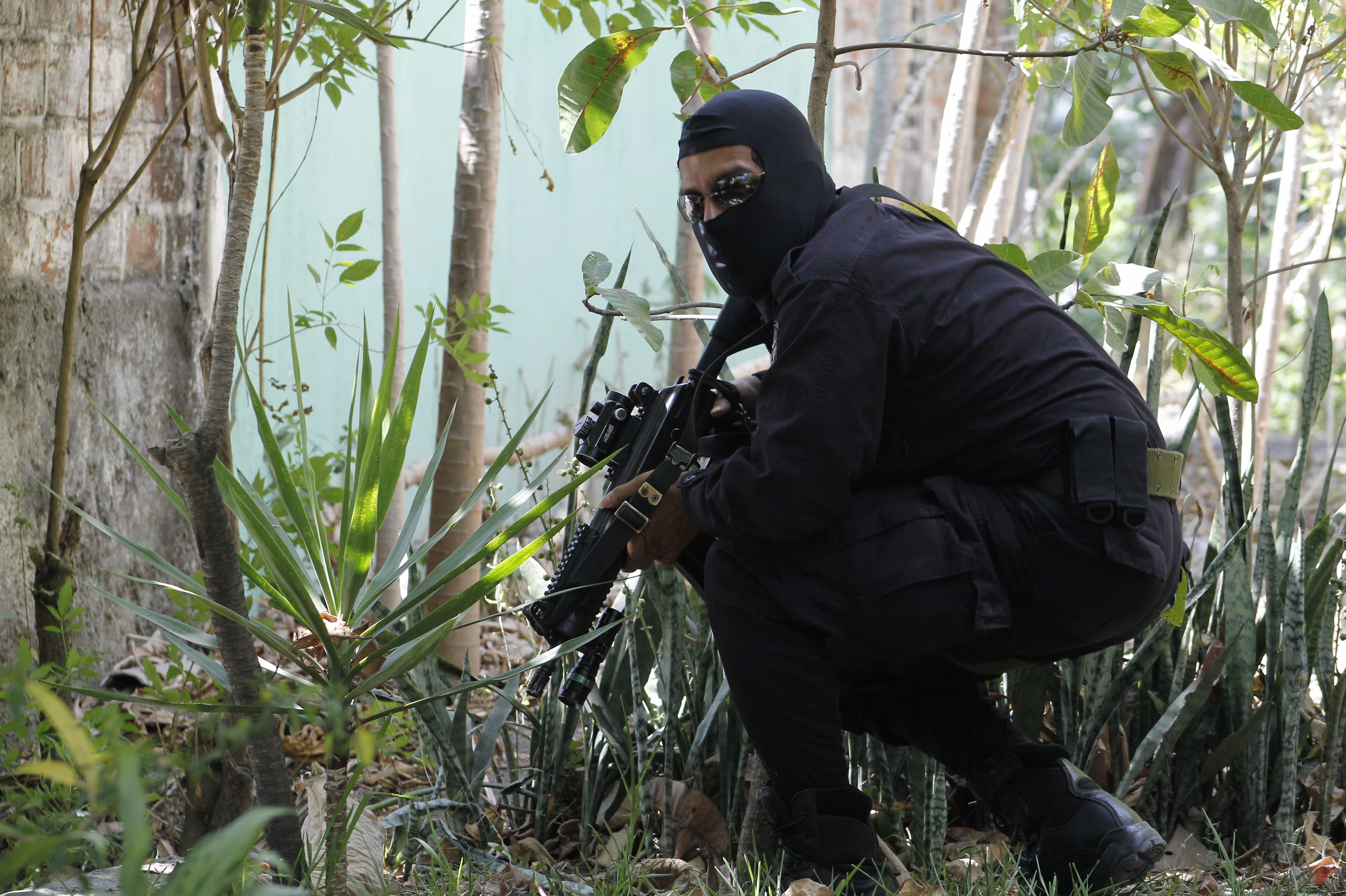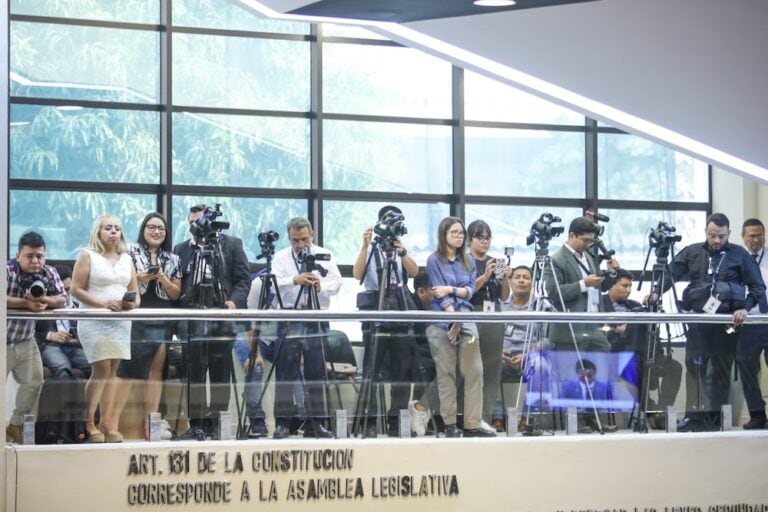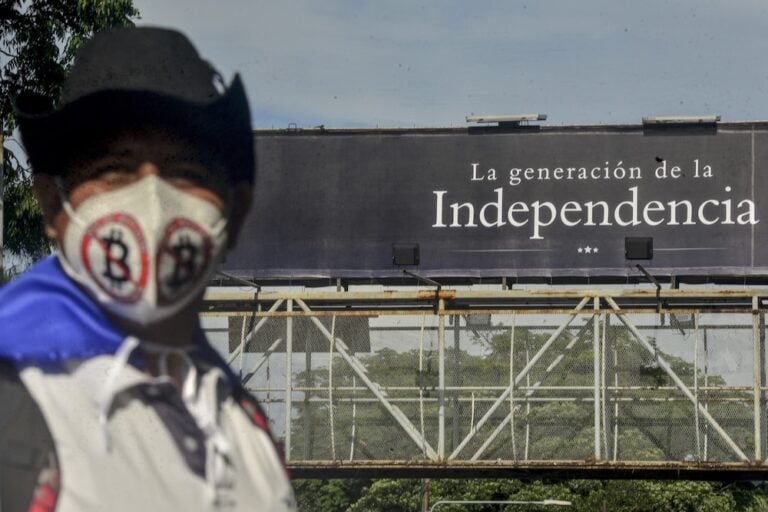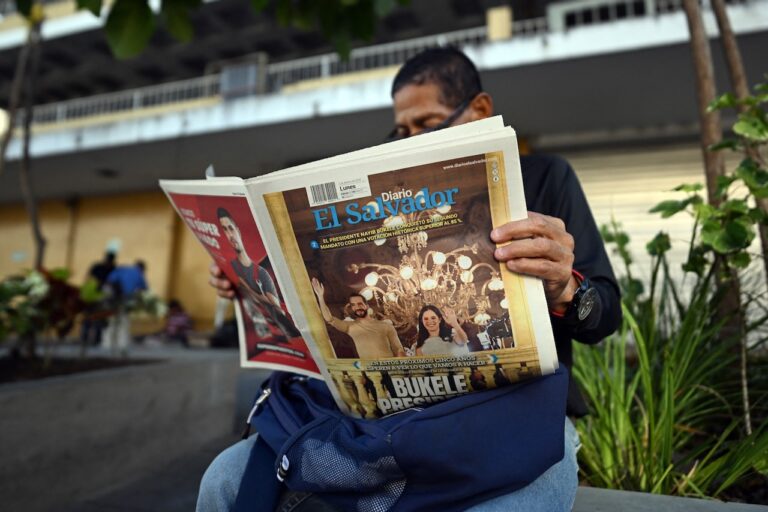Salvadoran authorities must conduct a swift and credible investigation of escalating online and physical threats against journalists at two digital news outlets and enact sufficient measures to ensure the journalists' safety.
This statement was originally published on cpj.org on 28 August 2017.
Salvadoran authorities must conduct a swift and credible investigation of escalating online and physical threats against journalists at two digital news outlets and enact sufficient measures to ensure the journalists’ safety, the Committee to Protect Journalists said today.
Beginning on August 22, El Faro and Revista Factum, two digital news outlets specializing in investigative journalism, began receiving direct threats on social media networks including Twitter and Facebook, according to news reports. The threats identified journalists by name and included photos. Journalists at the two outlets told CPJ they believed the threats were in response to an article published on Revista Factum’s website that same day about an elite anti-crime unit’s alleged involvement in criminal activity including three extrajudicial killings, sexual assault, and extortion. Howard Cotto, head of the Salvadoran National Police, and Vice President Óscar Ortiz told Factum at the time that they were aware of reports of illegal activity by police officers and promised to open an investigation.
One threatening tweet said Factum and El Faro journalists would “end up like Christian Poveda,” a French-Spanish journalist killed by members of the Mara Salvatrucha gang in 2009. Another shared a photo of a soldier allegedly killed by gang members, with the caption “Revista Factum and El Faro write in favor of this.” The accounts responsible for the threats often share content supporting security forces and celebrating violence against alleged thieves and gang members.
“Journalists covering El Salvador’s pervasive violence often risk becoming targets themselves,” said CPJ Deputy Executive Director Robert Mahoney. “Factum and El Faro are vital sources of information for Salvadoran citizens, and authorities must ensure they are able to work without facing violence from the very groups they are investigating, including security forces tasked with combating criminal gangs.”
The threats escalated in the past three days, according to journalists from both publications. César Castro, Factum’s editor-in-chief, told CPJ that four people claiming to be from the office of the national human rights ombudsman visited Factum’s offices on August 26, asking about the magazine’s hours and when staff normally arrived. Castro said the ombudsman’s office told him it had not sent any employees to visit Factum that day.
This morning, two more groups of four people claiming to be “reporters’ sources from the police” came to the outlets’ offices, according to journalists from both publications. The first group asked the guard at El Faro for Factum’s address, while the second group knocked on the door at the Factum offices, which were empty at the time, according to Castro.
Castro told CPJ that the human rights ombudsman’s office last week requested precautionary measures to protect the publication as well as the two journalists who wrote the original article.
He said the police after the in-person threats two days ago had promised to provide two patrols to provide additional security on the block outside Factum’s offices. However, he said that the patrols were there only briefly today, and were not present when the second group of people stopped by.
The Salvadoran National Police did not immediately respond to CPJ’s emailed request for comment.
According to Castro, Factum had not received any threats before publishing the August 22 article. In March 2012, after El Faro exposed a secret government deal with criminal gangs, a government official said El Faro journalists could be in danger for their reporting, but did not offer any protection, as CPJ reported at the time.



